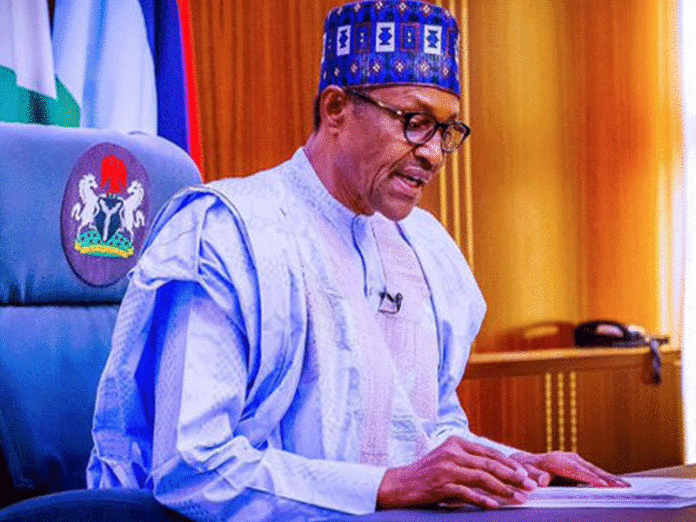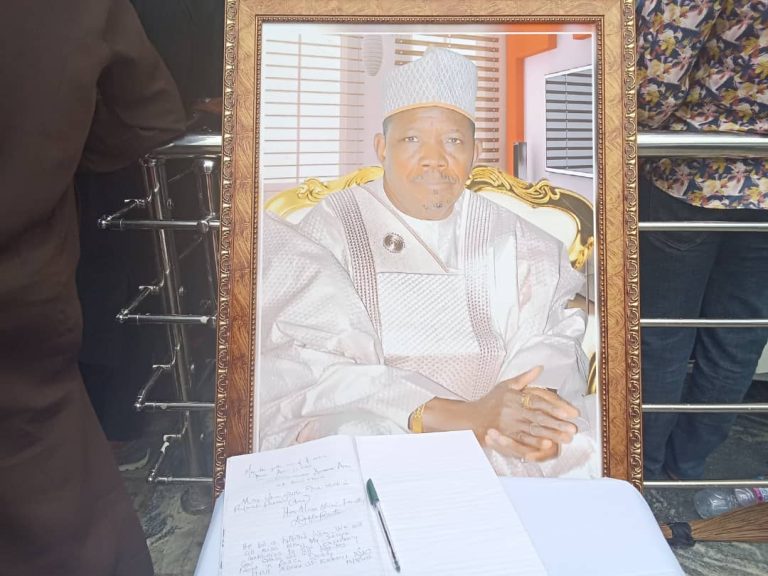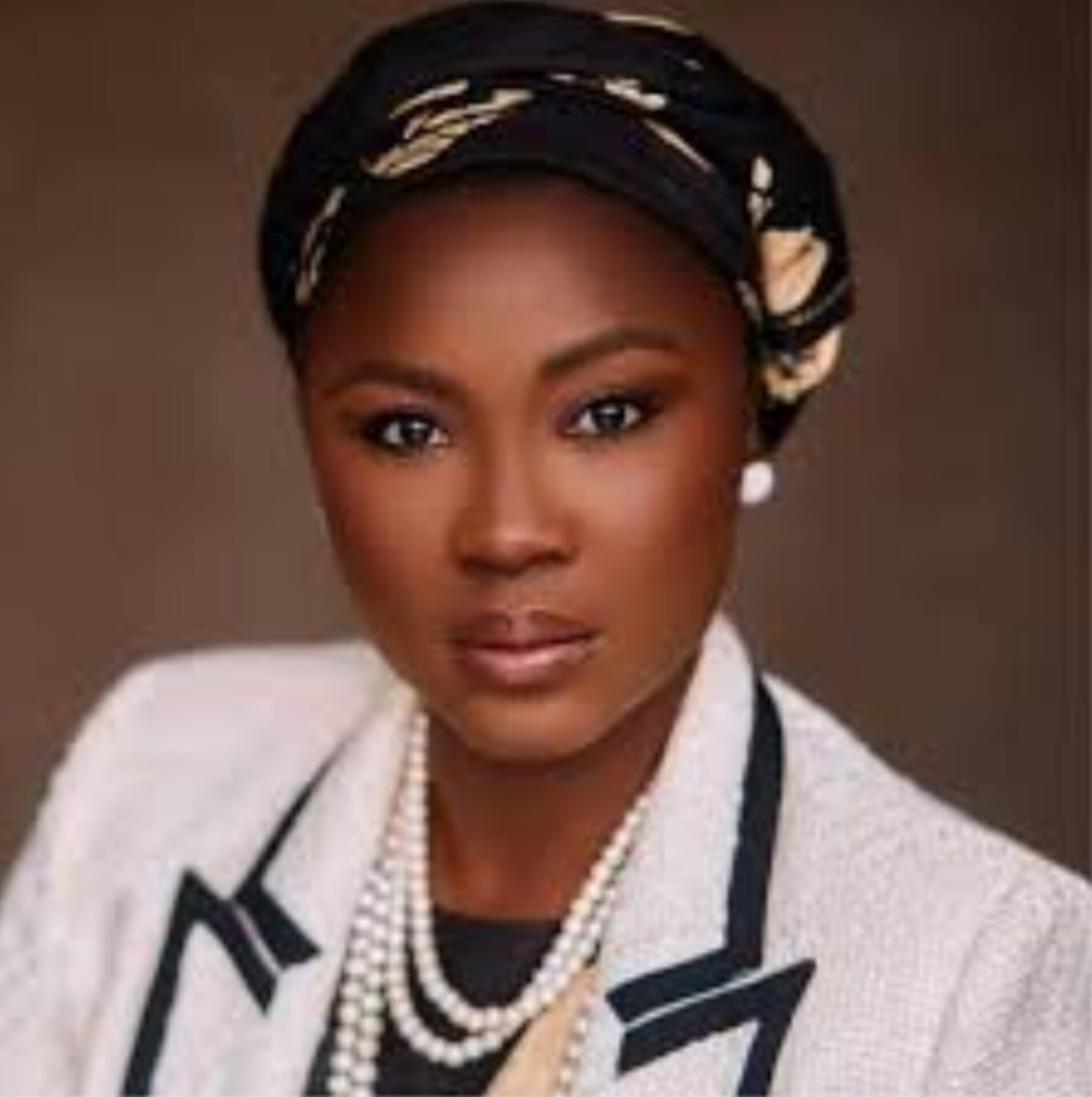The Presidency on Monday night could not but reacted to what it referred to as the indignant attacks on the President Buhari Administration by the Catholic Arch Bishop of Sokoto, Most Rev Bishop Hasssn Kukah on Sunday
Kukah had in his Easter message likened Nigeria to a big national hospital with many wards adding that the nation was headed in the direction of dry bone.
However the Senior Special Assistant to the President on Media and Publicity, will not take it lying low as his statement tutled ‘Kukah’s Virus of Hate’ said Kukah was Kukah was playing politics while the country was celebrating the resurrection of the Lord Jesus Christ
He challenged the Bishop to retire from the clergy and join politics to see how successful he would be.
He said that Bishop Kukah’s accusation against the Federal Government was a reflection of his hatred for it.
Shehu added that Kukah had not hidden his dislike for the government from its election to date.
The statement in full:
“Nigeria knows too well Bishop Kukah’s views of the government. He has made quite clear how much he dislikes them from the day they were elected.
“As the nomination congress approaches, rumblings within the party rise to an acrimonious crescendo and the troubleshooting market blossoming in the opposition Peoples Democratic Party (PDP), which is in desperate yearning for his tested skills, we are surprised- so too are many others- that the Bishop of Sokoto Province, the Most Rev Mathew Matthew Hassan could still find the time for a lengthy homily on his usual target, Muhammadu Buhari, the President of Nigeria.
“For a man who has been spreading hate for decades, nothing new in the homily, except for the fact that while millions of Christians were remembering the Lord’s crucifixion on Friday, His descent on Saturday, His resurrection on Sunday, and subsequent appearance to his disciples, Bishop Matthew Kukah was playing politics. “From his pulpit he devoted his Easter message not to Christ’s death and rebirth so Man might be saved – but to damning the government in the most un-Christian terms.
“Bishop Kukah neglects the Bible’s teachings in James 1:26: “If anyone thinks he is religious and does not bridle his tongue but deceives his heart, this person’s religion is worthless.
“Easter should be a time for renewal, and for hope. For those in authority – both temporal and spiritual – to come together in word and deed so those who look to them for example can be inspired by their grace.
“This is not a time for religious leaders to play politics, or politicians to play religion. It is a time, as in Titus 3:9 to “avoid foolish controversies, genealogies, dissensions, and quarrels about the law, for they are unprofitable and worthless”. “Yet Bishop Kukah used his sermon purposefully to make dissensions and quarrels about the law. His accusatory list against the government revealed only his hatred for them.
“Still, when he accused them of division, he gave no examples: merely assertions emanating from his own mouth. His allegation of ethnic and regional divide was innuendo without proof, and he gave none.
“His list of things he claims as broken – from churches to mosques to schools and motorways – belie all those that have been built, and others built anew during this government’s time in office. “Should he feel compelled for whatever reason to criticize the government for what he views as their mistakes the Bible makes clear how it should be done: “Brothers, if anyone is caught in any transgression, you who are spiritual should restore him in a spirit of gentleness”, Galatians 6:1-2.

“If Bishops or religious leaders believe they have a willing audience for tales of government error or fragility, they do an injustice to their flock by filling their ears with talk of division and hateful thoughts. “Nigeria knows too well Bishop Kukah’s views of the government. He has made quite clear how much he dislikes them from the day they were elected.
“Whether expressing his political views is a good use or an abuse of religious office is for others to decide. But the people of Nigeria have spoken – twice: They support this government at the ballot box. They have not been swayed by hateful talk from any bully-pulpit. “We respectfully ask Bishop Kukah to leave government to the voters and the politicians they elect, while he concentrates on his job, as it is expressed in James 1:27: “Religion that is pure and undefiled before God, the Father, is this: to visit orphans and widows in their affliction, and to keep oneself unstained from the world.
“Or else, he should put away his clerical garb, join partisan politics and see how far he can go.”



